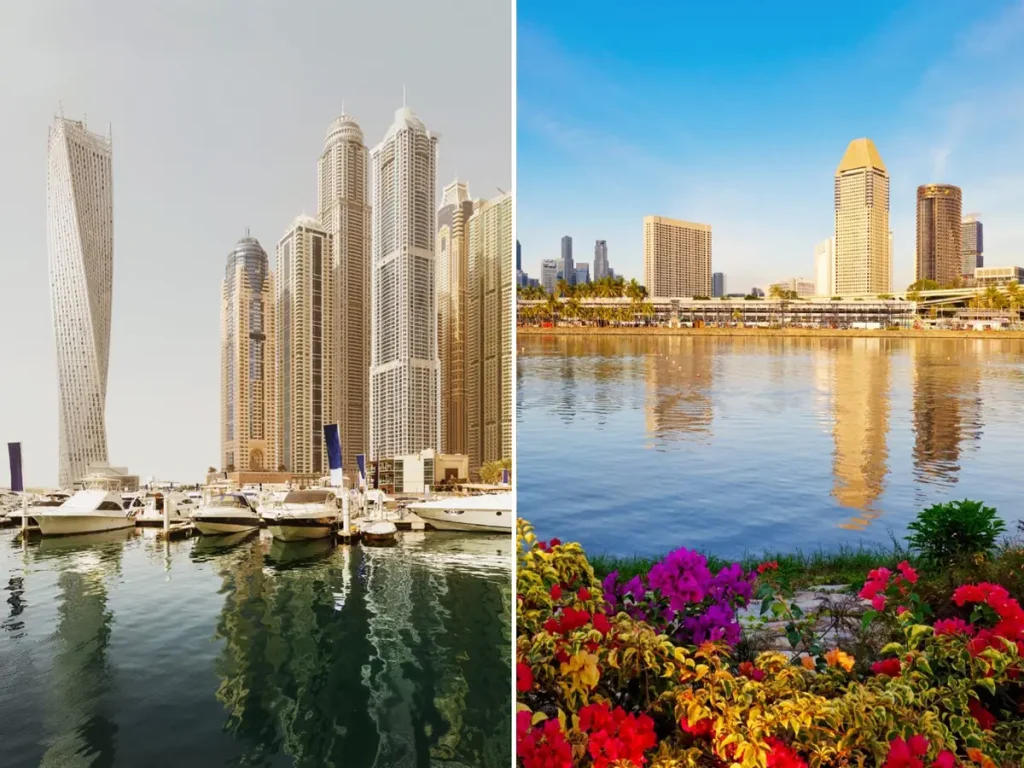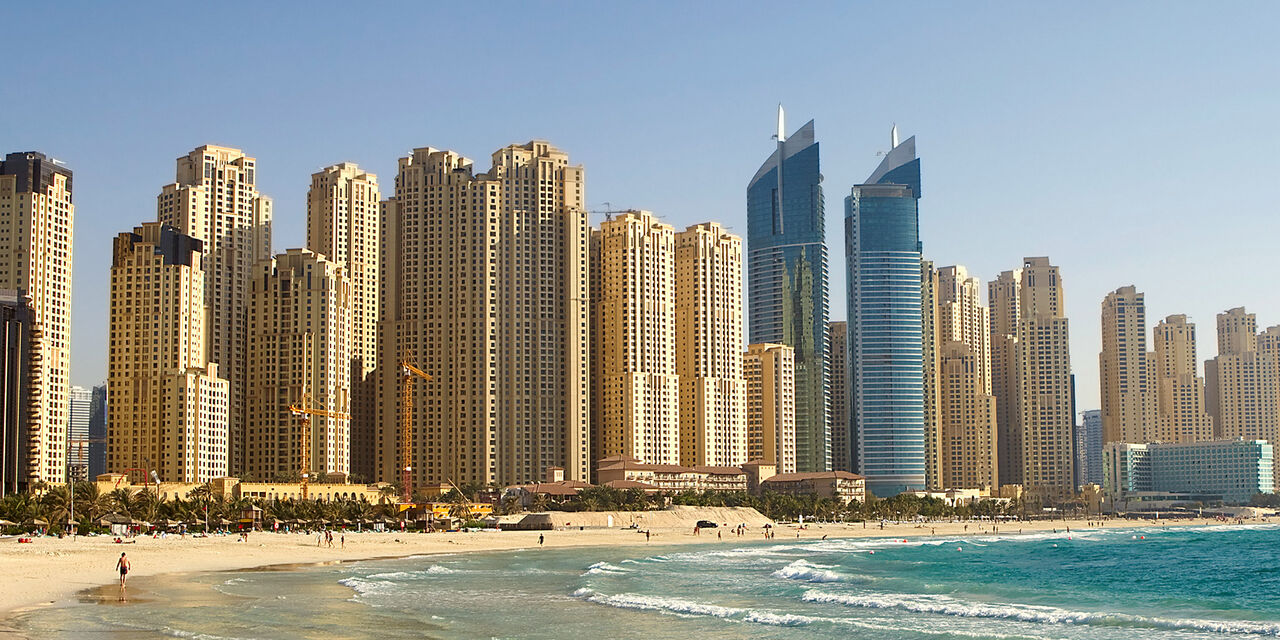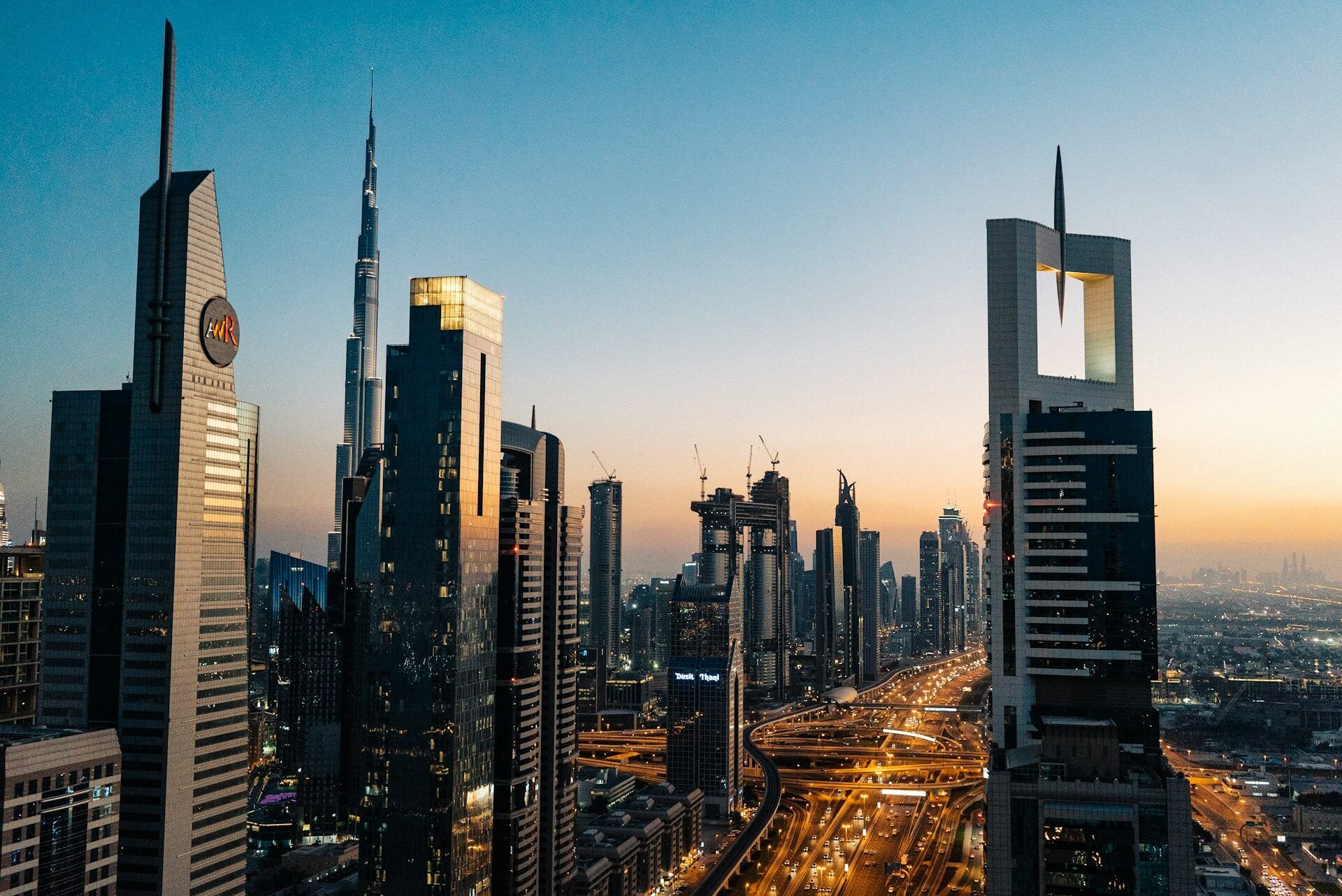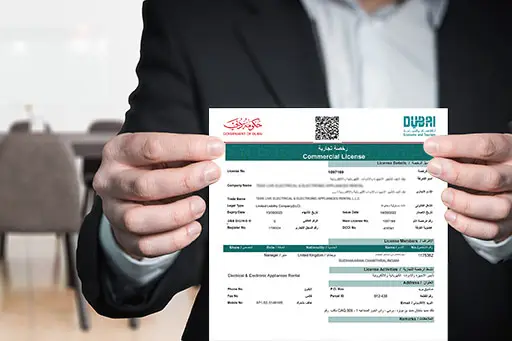When it comes to choosing a global business hub, two names consistently stand out: Dubai and Singapore. Both cities have earned reputations as gateways to international markets, attracting entrepreneurs, startups, and multinational corporations alike. Deciding between the two can be challenging, especially for business owners weighing factors like taxation, infrastructure, regulations, lifestyle, and access to markets.
This guide takes you step by step through the key differences and similarities between Dubai and Singapore so you can make an informed decision about where to set up your business.
1. Global Positioning and Strategic Importance
Dubai
Dubai sits at the crossroads of Europe, Asia, and Africa, making it a natural hub for global trade and investment. The city is a gateway to the Middle East, with close ties to major economies like Saudi Arabia, India, and Africa. Its time zone also bridges East and West, making it convenient for businesses that need to coordinate across continents.
Singapore
Singapore is strategically positioned in Southeast Asia, offering access to the fast-growing markets of ASEAN, China, and Australia. Known as the world’s busiest transshipment hub, Singapore is integral to global shipping and logistics. Its proximity to emerging Asian economies makes it highly attractive for companies eyeing expansion in the region.
Verdict: Both cities are well-placed geographically, but the decision depends on your target markets. Businesses with a Middle East, Africa, or European focus may prefer Dubai, while those targeting Asia-Pacific may find Singapore more advantageous.
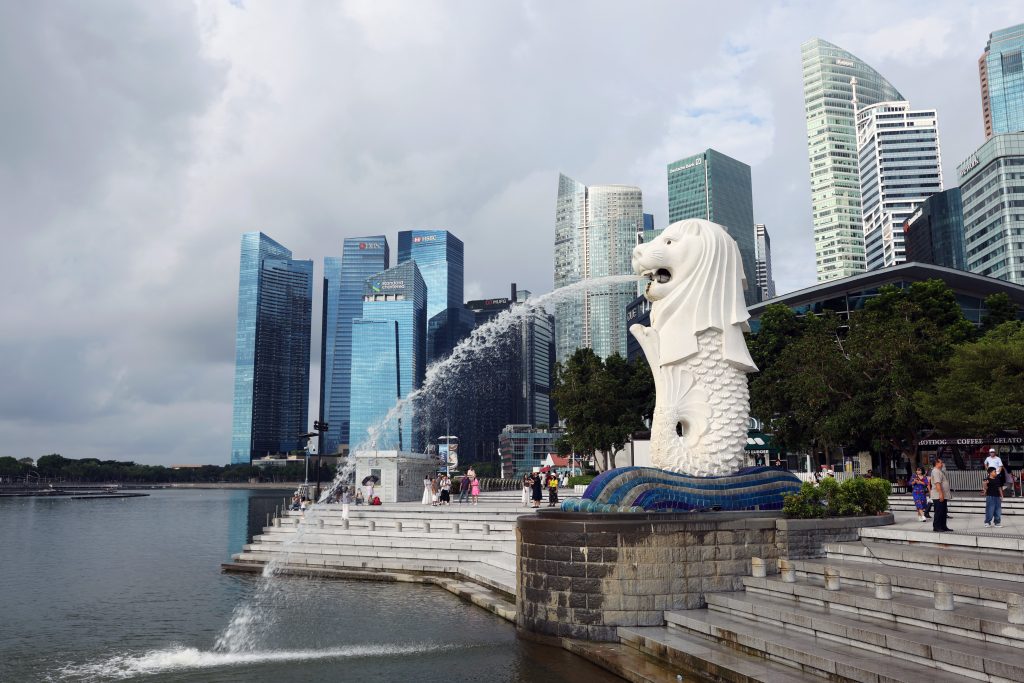
2. Taxation Systems
Dubai
For years, Dubai has been known as a tax haven with zero personal income tax. While the UAE has recently introduced a 9% corporate tax for profits exceeding AED 375,000 (roughly USD 100,000), this is still one of the lowest rates globally. Free zones in Dubai often offer exemptions from corporate tax for a set number of years, along with 100% foreign ownership and full repatriation of profits.
Singapore
Singapore operates on a territorial tax system with corporate tax capped at 17%, although exemptions and rebates can lower the effective rate significantly, especially for small and medium enterprises (SMEs). There is also no tax on capital gains or dividends.
Verdict: Dubai offers a more favorable tax regime overall, particularly for individuals, since there is no personal income tax. However, Singapore’s clear and stable tax framework also attracts businesses seeking predictability.
3. Business Setup Process
Dubai
Setting up a company in Dubai has become increasingly streamlined. Entrepreneurs can choose between mainland companies or free zones. Free zones like Dubai Multi Commodities Centre (DMCC) or Dubai Internet City cater to specific industries, offering sector-focused benefits. Mainland companies allow broader access to the local UAE market. With digital portals, most business licenses can be obtained in a few days.
Singapore
Singapore consistently ranks as one of the easiest places to do business. Incorporating a company can take as little as one to two days if all documents are in order. The Accounting and Corporate Regulatory Authority (ACRA) provides a straightforward online process for company registration. However, Singapore requires at least one local director, which can be a hurdle for some foreign entrepreneurs.
Verdict: Both cities make business setup simple, but Dubai offers more flexibility with ownership in free zones, while Singapore requires navigating local director rules.
4. Access to Talent
Dubai
Dubai’s workforce is highly international, with professionals from over 200 nationalities. Many sectors, such as finance, technology, and hospitality, rely heavily on skilled expatriates. The UAE government has launched initiatives like the Golden Visa and Green Visa to attract global talent for the long term.
Singapore
Singapore is equally cosmopolitan but has stricter immigration rules. The Employment Pass system is designed for highly skilled professionals, but recent policies have tightened quotas and raised minimum salary requirements. This can make it more difficult for startups to hire international talent quickly.
Verdict: Dubai has an edge when it comes to hiring flexibility, while Singapore offers top-tier talent but with more regulatory restrictions.
5. Cost of Living and Business Operations
Dubai
Dubai offers a relatively affordable lifestyle compared to other global hubs, especially in terms of housing and transport, though luxury options can be costly. Office rents vary widely depending on location, but free zones often provide flexible coworking or virtual office packages for startups. Utilities and internet services are generally more expensive than in Singapore.
Singapore
Singapore is consistently ranked as one of the most expensive cities in the world. Housing costs are particularly high, and rental prices for commercial properties can also be steep. However, Singapore’s infrastructure and services are among the most reliable globally, which often offsets the higher expenses.
Verdict: Dubai generally has lower living and operational costs than Singapore, making it more attractive for budget-conscious startups.
6. Banking and Finance
Dubai
Dubai has a robust banking system with both local and international banks. Opening a bank account can be challenging for some startups, especially if the business is new and lacks a track record. However, once established, Dubai’s financial services are comprehensive, and the city is rapidly expanding into fintech and digital banking.
Singapore
Singapore is renowned as one of the world’s top financial centers. The banking process is transparent and efficient, but compliance standards are very strict. This is great for stability but can feel restrictive for entrepreneurs unfamiliar with regulatory requirements.
Verdict: Singapore edges out in terms of global financial credibility, while Dubai offers expanding opportunities, particularly for fintech businesses.
7. Legal and Regulatory Framework
Dubai
Dubai has modernized its legal system significantly in recent years. Free zones often operate under their own regulations, some of which are based on common law principles, making them familiar to international businesses. However, labor laws and visa rules can change frequently, requiring businesses to stay updated.
Singapore
Singapore is known for its transparent, predictable, and efficient legal system. The city has strong intellectual property (IP) protection laws, which make it a preferred destination for tech companies and innovators.
Verdict: Singapore offers greater stability and predictability in its legal framework, while Dubai is improving rapidly and has tailored regulations in certain free zones to attract global businesses.

8. Lifestyle and Quality of Life
Dubai
Dubai combines luxury with convenience. The city offers world-class infrastructure, shopping, dining, and entertainment. Safety levels are very high, and expats make up nearly 90% of the population, creating a highly international environment. However, cultural adjustments are required, as Dubai is still rooted in traditional Middle Eastern values.
Singapore
Singapore consistently ranks as one of the best cities in the world for quality of life. It is clean, green, and safe, with excellent healthcare and education systems. Its cultural diversity makes it easy for expats to adapt. However, the high cost of living can be a drawback.
Verdict: Both cities offer high standards of living, with Dubai leaning toward luxury and leisure, and Singapore emphasizing sustainability and education.
9. Industry Focus and Opportunities
Dubai
Dubai is diversifying rapidly beyond oil. Key industries include real estate, tourism, logistics, finance, healthcare, and technology. The government actively promotes innovation through initiatives like Dubai Future Foundation and Expo 2020 legacy projects.
Singapore
Singapore is a leader in finance, logistics, biotech, and advanced manufacturing. It also serves as a global hub for multinational corporations due to its stability and robust IP protection.
Verdict: Your choice depends on industry focus. Tech and finance companies may find Singapore more suitable, while businesses in logistics, tourism, or regional trade might prefer Dubai.
10. Future Outlook
Dubai
Dubai’s Vision 2030 strategy focuses on making the emirate a global hub for innovation, sustainability, and business. The city continues to invest heavily in infrastructure, smart technologies, and green initiatives.
Singapore
Singapore remains a global leader in innovation and sustainability. Its Smart Nation initiative aims to integrate digital technologies into every aspect of life, ensuring it remains competitive as a business hub.
Verdict: Both cities are future-focused, but Dubai offers more opportunities in emerging markets, while Singapore offers stability and innovation in established sectors.
Final Comparison Table
| Factor | Dubai | Singapore |
|---|---|---|
| Taxes | 0% personal, 9% corporate | 17% corporate, no capital gains |
| Setup Speed | 3–7 days | 1–2 days |
| Ownership | 100% in free zones | Local director required |
| Cost of Living | Moderate to high | Very high |
| Talent | Diverse, flexible visas | Highly skilled, stricter rules |
| Banking | Expanding, but compliance hurdles | Strong, global credibility |
| Legal System | Improving, some free zones use common law | Predictable, strong IP laws |
| Lifestyle | Luxury, expat-friendly | Sustainable, family-oriented |
| Industries | Logistics, tourism, tech, trade | Finance, biotech, manufacturing |
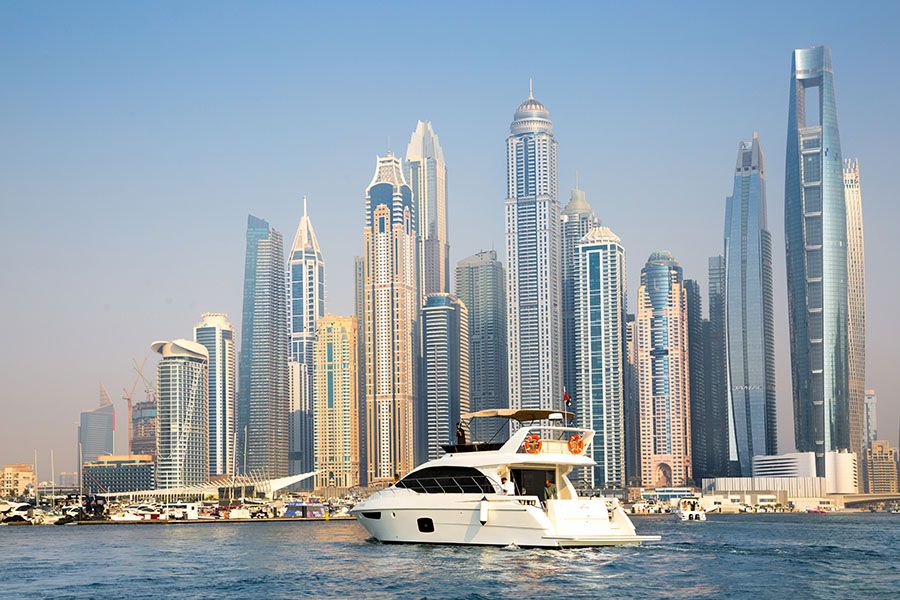
Conclusion
Both Dubai and Singapore are world-class destinations for entrepreneurs, each with distinct advantages.
Choose Dubai if you value tax efficiency, access to Middle Eastern and African markets, lower living costs, and flexible visa systems.
Choose Singapore if you prioritize legal stability, access to Asian markets, strong financial credibility, and world-class infrastructure.
In the end, the best choice depends on your industry, target market, and long-term business goals.

